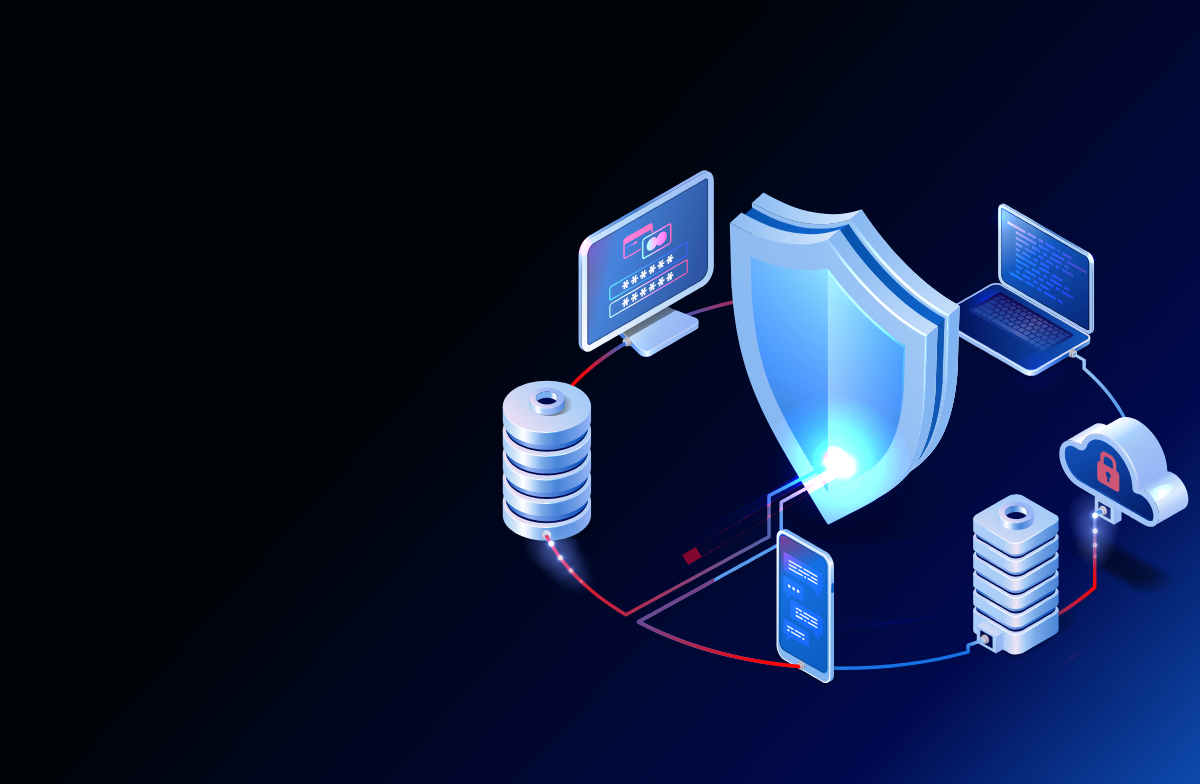
Shielding Personal Data: The Imperative of Personal Data Protection in Business
In an era where personal information is as valuable as currency, the imperative for businesses to adopt Personal Data Protection (PDP) is paramount. This blog delves into the critical importance of safeguarding employee data and the role of PDP in modern business cybersecurity strategies.
The Vital Role of Personal Data Protection
Personal Data Protection goes beyond basic cybersecurity measures. It’s an essential service that focuses on the defense of employees’ sensitive information. This proactive service scans public domains for personal data leaks, including personal identifiers, contact details, and financial information, to prevent identity theft, phishing scams, and other cyber threats.
Functionality and Impact of Personal Data Protection
Personal Data Protection services provide several critical functions that safeguard employee data and protect the organization from potential cyber threats:
Continuous Monitoring
Personal Data Protection services employ continuous scanning of public domains to identify and track exposed employee data. This proactive approach ensures that potential data leaks are discovered promptly, minimizing the risk of unauthorized access and misuse.
Rapid Response
Upon discovering exposed employee data, Personal Data Protection services initiate a rapid response process to remove the leaked information from public domains. This timely action minimizes the window of opportunity for cybercriminals to exploit the data and protects employees from potential harm.
Comprehensive Coverage
Personal Data Protection services go beyond simply identifying and removing exposed data. They provide comprehensive coverage against a wide array of personal data vulnerabilities, including data leaks, phishing scams, and identity theft attempts.
Business Benefits
Adopting Personal Data Protection services offers a range of benefits that enhance business operations and protect the organization’s reputation:
Enhanced Trust
By demonstrating a commitment to employee data protection, businesses foster trust and confidence among their workforce and stakeholders. This commitment showcases the organization’s dedication to ethical practices and its prioritization of employee well-being.
Risk Mitigation
Personal Data Protection services significantly reduce the likelihood of targeted cyberattacks that exploit employee data. By identifying and remediating data leaks, businesses minimize the attack surface and protect their valuable assets.
Regulatory Compliance
Personal Data Protection services ensure that businesses adhere to evolving data protection laws and standards, such as the General Data Protection Regulation (GDPR) and the California Consumer Privacy Act (CCPA). Compliance with these regulations protects businesses from legal liabilities and reputational damage.
Conclusion
Personal Data Protection is not just a service; it’s a commitment to the safety and privacy of your team. In a digital world fraught with risks, it represents a crucial layer of security that preserves the integrity of both personal and corporate data. Businesses that prioritize Personal Data Protection demonstrate their dedication to protecting their employees, upholding ethical standards, and safeguarding their reputation in the ever-evolving cybersecurity landscape.
Additional Tips for Enhancing Personal Data Protection
In addition to adopting Personal Data Protection services, businesses can implement several additional measures to enhance employee data protection:
- Educate employees about data privacy and security practices.
- Implement strong password policies and access controls.
- Regularly review and update data security policies and procedures.
- Conduct vulnerability assessments and penetration testing to identify and remediate weaknesses.
- Implement data encryption and masking techniques to protect sensitive information.
By taking these comprehensive steps, businesses can create a robust data protection framework that safeguards employee data and minimizes the risk of cyberattacks.


